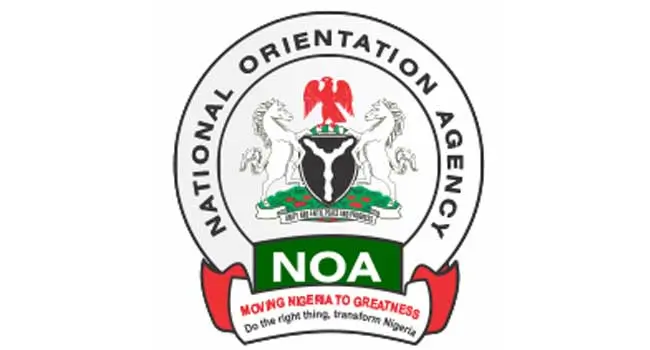NOA Campaign: Support Tax Reform Bills for Nigeria’s Future
Tax Reform Bills: NOA Seeks Nigerians’ Support, Launches Campaign on Current National Issues
During a press conference in Port Harcourt on Thursday, NOA Director General Lanre Issa-Onilu stated that the laws will make taxation and remittances more equitable, transparent, and less burdensome for Nigerian citizens.
The NOA’s National Director, General Services, Rebecca Nasamu, noted that the tax reform measures will also remove double taxation and create a progressive tax regime driven by technology.
“The Nigeria Tax bill for instance basically amalgamated all the existing laws in which provision for taxation was made,” stated the minister.
When passed, the measure will remove eleven laws that provide for the imposition and collection of taxes. This means that there will be no double taxes, and it will also benefit low-income workers because those earning very little will pay little or no taxes at all, allowing them to better manage their money.
“It will also make taxation simpler and transparent as digital systems are being introduced to make tax payments easier, faster and more accountable.”
According to him, the revisions are intended to alleviate the burden on industrious Nigerians while ensuring that everyone contributes equally.
“By supporting our initiative, we can build a tax system that works for everyone and fund development projects that will benefit our country, Nigeria.
“And the tax reform is actually higher on sugar and beverages and not on alcohol as it is being portrayed in some parts of the country. Nigerians should buy into the tax reforms so that we can have more revenues to invest in education and health,” Issa-Onilu stated.
Also speaking, Rivers NOA Director, Young Ayotamuno said the bills will encourage the production of critical goods in the country.
“The bill exempted some category of persons, those that are earning annually below 800,000 naira so you can see that this bill clearly is also encouraging production of certain very critical goods that affects the micro economy. The bill is still a work in progress.
“As of yesterday, the Senate had formed a committee to determine how the disagreements could be reconciled. But, as I previously stated, it is about fiscal federalism, and when it comes to money, we have our tendencies in Nigeria, but we are very hopeful that as a nation that cares for one another, we will land safely and sustain a progressive tax regime that will strengthen the wheel of production and make all citizens happy,” Ayotamuno said.



